How Eco-Friendly Are Modern Plastic Storage Boxes?
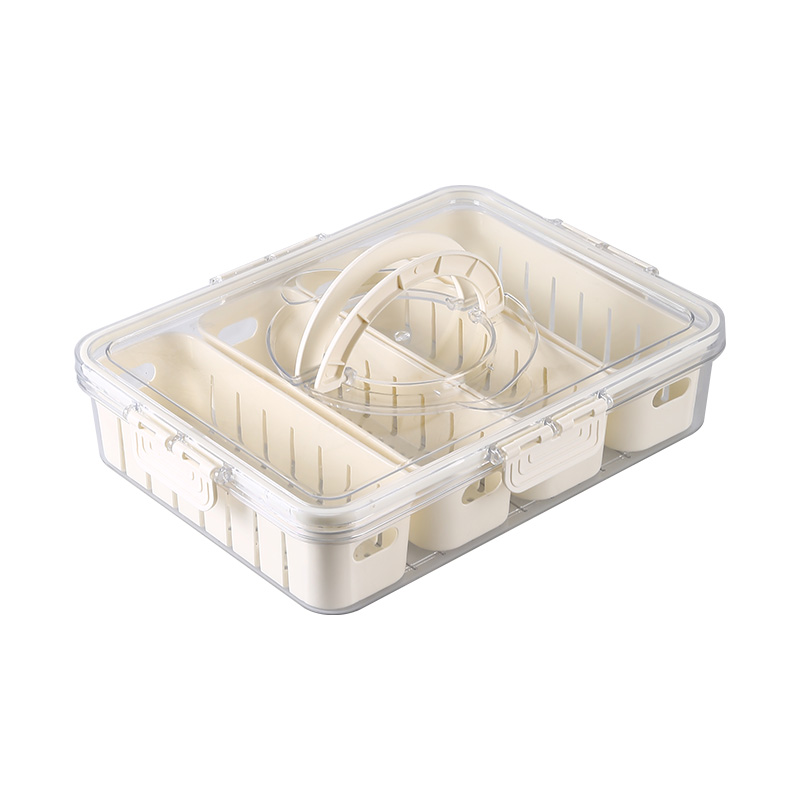
Plastic storage boxes have become a staple in homes, offices, and industrial settings for organizing and protecting items. While they offer convenience and durability, concerns about environmental impact have prompted buyers to consider eco-friendly alternatives.
Sustainable Material Choices
One of the main factors that determine the eco-friendliness of a Plastic Box For Storage is the material used. Traditional plastic is derived from petroleum, which is non-renewable and contributes to environmental pollution. Modern manufacturers increasingly use recycled plastics, polypropylene (PP), or high-density polyethylene (HDPE) sourced from post-consumer or post-industrial waste.
Boxes made from recycled materials reduce the demand for virgin plastics and minimize landfill waste. Some brands also incorporate biodegradable or partially bio-based plastics, which can further lower environmental impact while maintaining the strength and durability needed for storage. Consumers are also encouraged to check certifications indicating recycled content and eco-friendly sourcing.
Reusability and Durability
Durable design directly affects sustainability. A well-constructed Plastic Box For Storage can be reused for years, reducing the need for frequent replacements. Features such as reinforced corners, sturdy lids, and stackable designs enhance longevity and make the boxes suitable for repeated use.
The more a storage box is reused, the lower its overall environmental footprint. Durable boxes also prevent breakage and reduce the generation of plastic waste, making reusability a crucial aspect of eco-friendly design. Selecting versatile boxes that serve multiple storage purposes further maximizes their lifespan.
Manufacturing Processes
Eco-conscious manufacturing practices play a key role in reducing the environmental impact of a Plastic Box For Storage. Manufacturers that use energy-efficient processes, minimize water usage, and control emissions contribute to more sustainable products.
Additionally, avoiding harmful additives like BPA, phthalates, or heavy metals ensures that the boxes are safe for both users and the environment. Choosing suppliers that follow environmental regulations and maintain transparency in their processes promotes responsible production practices, giving buyers confidence in their choices.
End-of-Life Options
Consideration of how a Plastic Box For Storage is disposed of or recycled is essential for assessing eco-friendliness. Many modern boxes are fully recyclable, allowing them to be repurposed into new products rather than ending up in landfills.
Designing storage boxes with clear recycling codes and avoiding mixed materials enhances recyclability. Some manufacturers even offer take-back programs to ensure used boxes are properly recycled, which supports a circular economy and reduces environmental impact. Educating consumers on proper recycling practices also contributes to sustainability.
Energy and Transport Efficiency
Lightweight and stackable Plastic Box For Storage designs also contribute to sustainability by improving transport efficiency. Less weight and optimized dimensions reduce fuel consumption during shipping, decreasing the carbon footprint associated with logistics.
Bulk packaging and modular designs further help in minimizing transport emissions, making both production and distribution more environmentally responsible. Choosing boxes that combine strength, lightness, and stackability ensures that sustainability is integrated throughout the product lifecycle.
Modern Plastic Box For Storage designs show that eco-friendliness is achievable without compromising functionality. Through sustainable materials, durable construction, environmentally conscious manufacturing, and recycling-friendly designs, these storage solutions can significantly reduce environmental impact.
When choosing storage boxes, consumers and businesses should consider material composition, reusability, recyclability, and production methods. By selecting eco-conscious options, it's possible to maintain the convenience of plastic storage while supporting environmental sustainability and responsible resource use. Awareness of storage practices and proper disposal further enhances the ecological benefits of modern storage solutions.
Hot Products
-
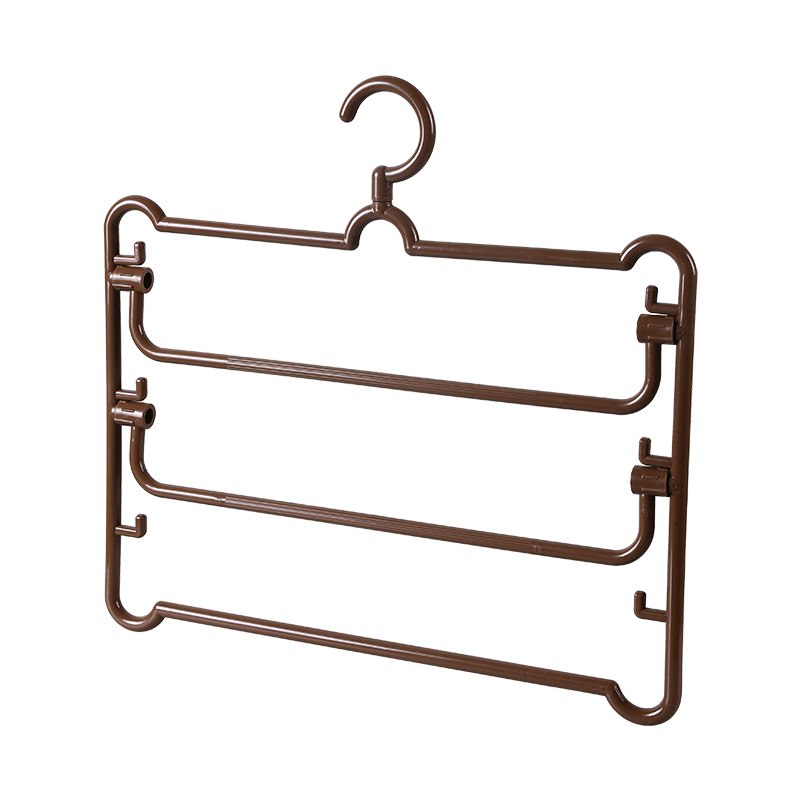
Plastic Pants Hanger (3 Bars)
-

Plastic Chopping Board Food Cutting Block Mat Tool
-
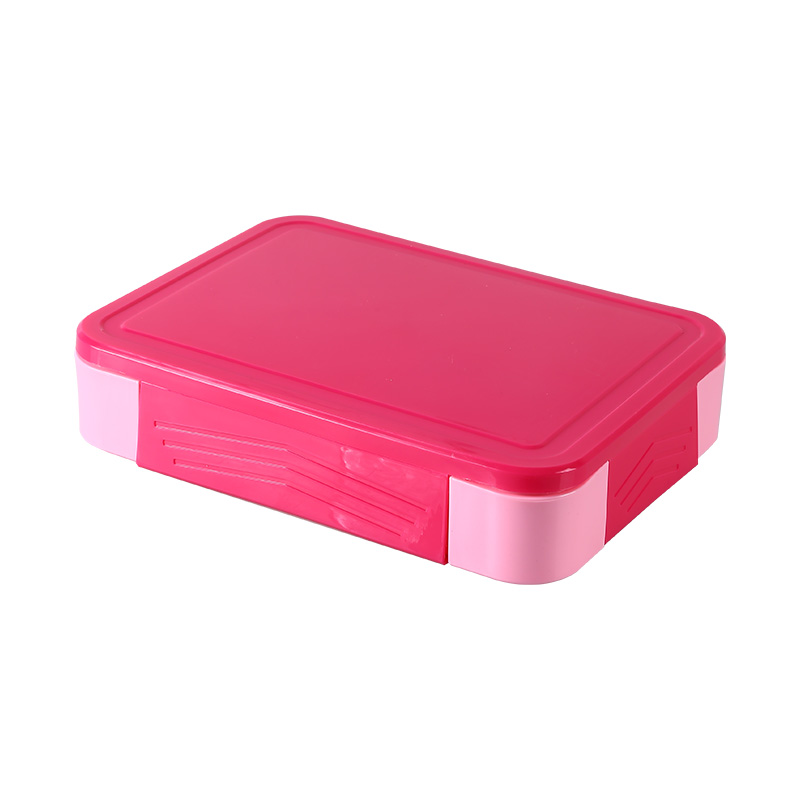
Food Storage Container For Adult Kids All-In-One Lunch Box
-
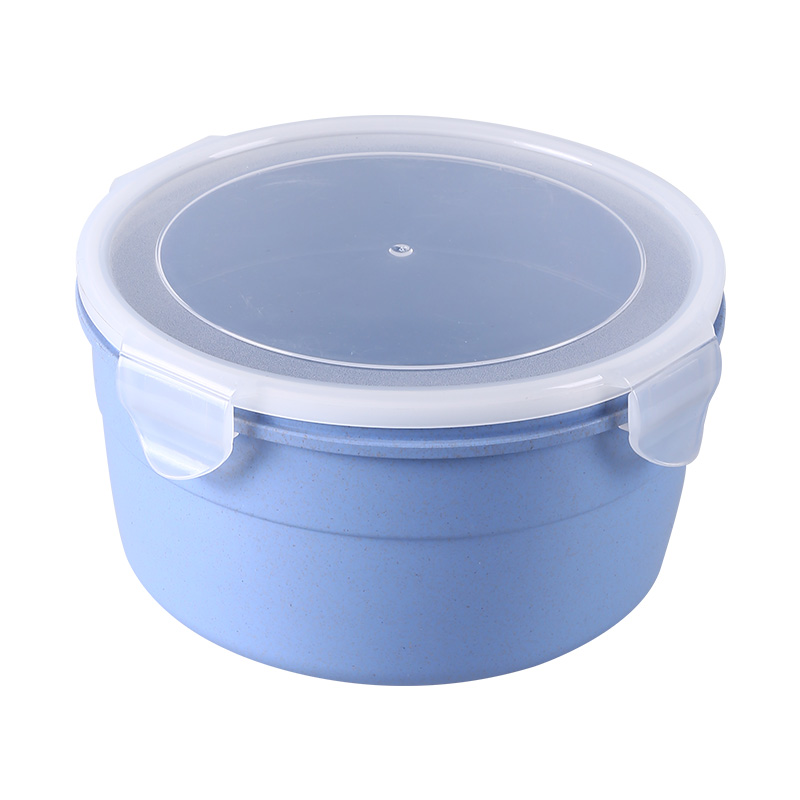
Mini Round Food Preservation Box
-
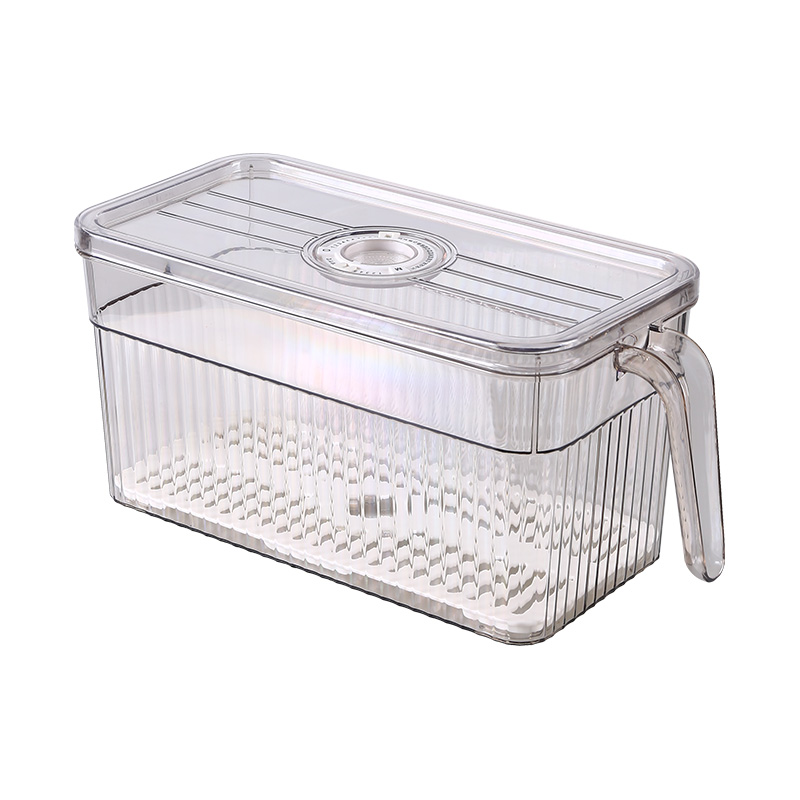
Refrigerator Storage Box Freezer Handle Storage Container
-
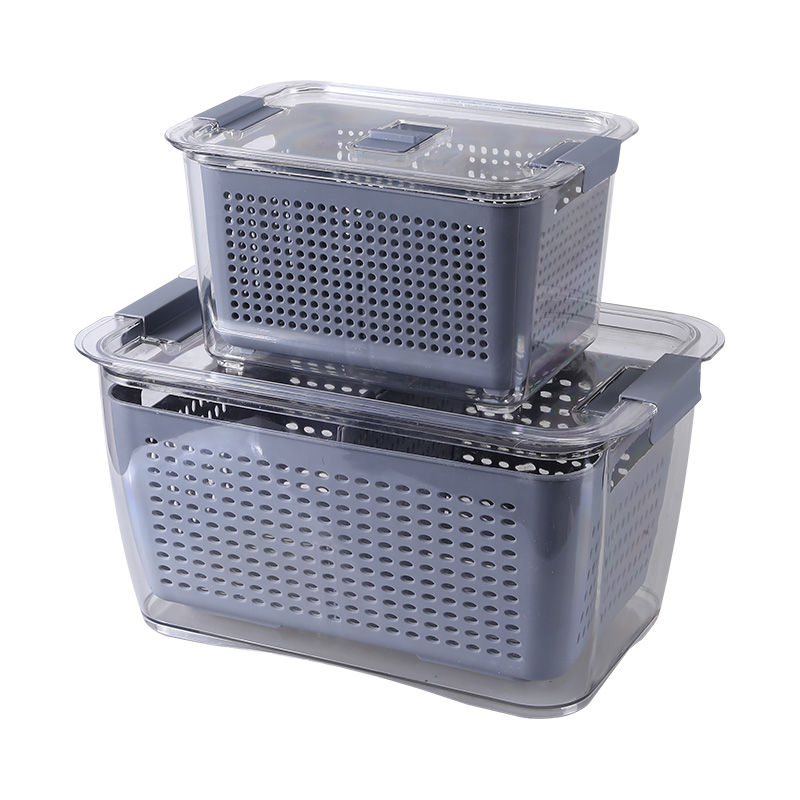
1pc Refrigerator Storage Box With Lid And Drain Basket Fruit Storage Containers Transparent Saver Container Food Organizer Bins
-
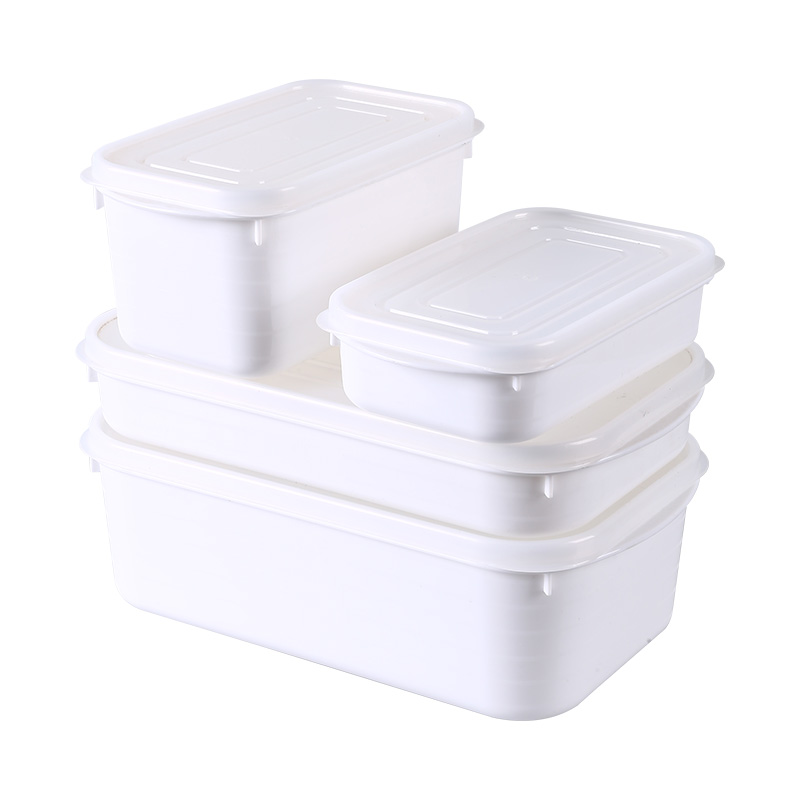
Food Storage Large Capacity Fresh-Keeping Eco Reusable Box Bento Food Leakproof Container
-
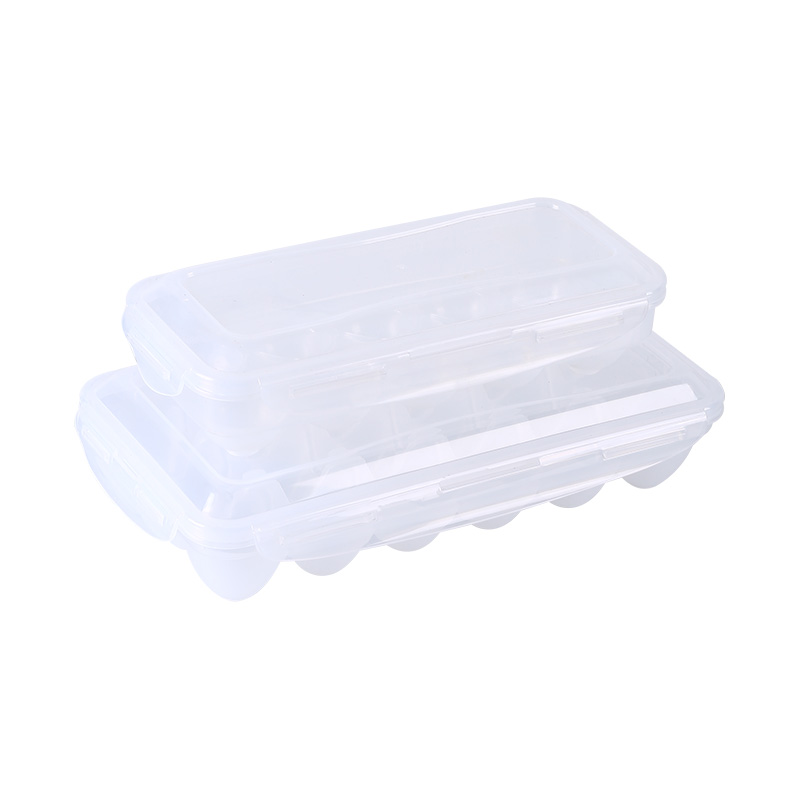
PP Plastic Egg Tray Storage Box
-
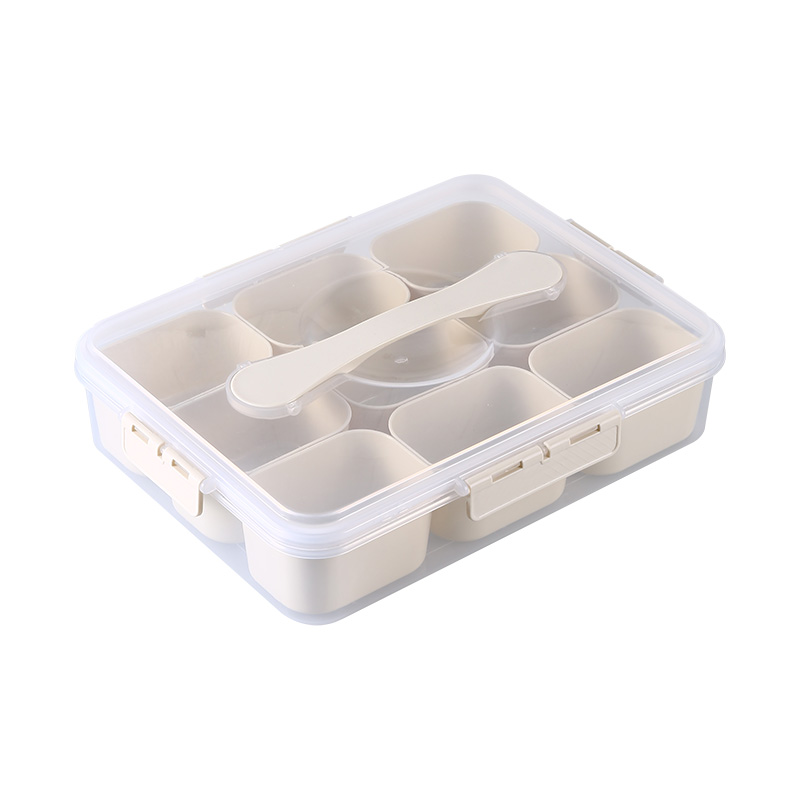
9 Compartment Divided Serving Tray With Lid And Handle Dried Fruit Storage Box
-

PP Material Handheld Fresh-Keeping Sealed Box Dry Food Classification Storage Box
-
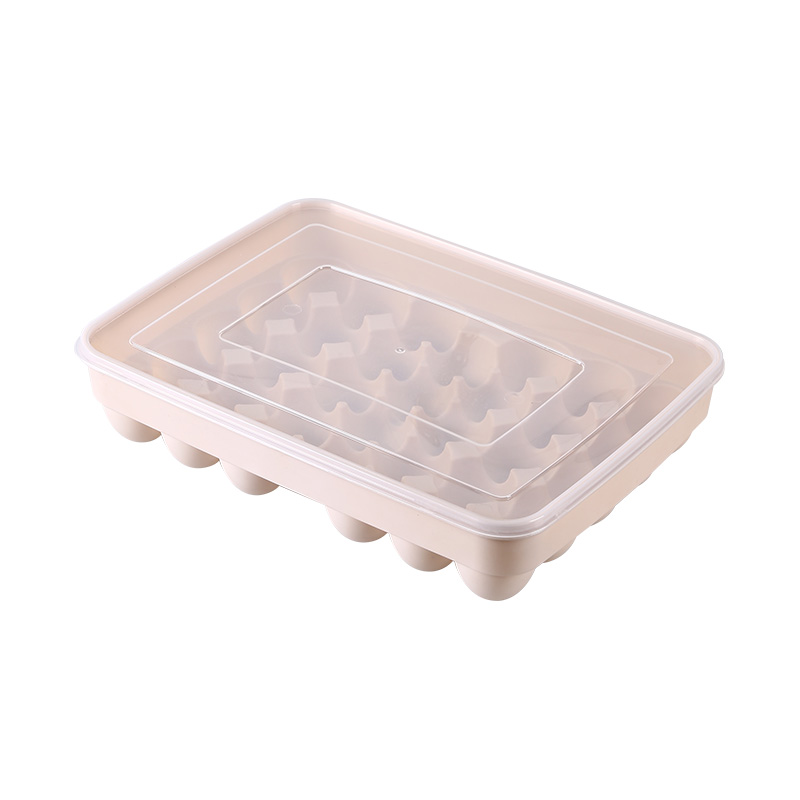
Refrigerator Storage Multi-Grid Egg Box Can Be Stacked With Cover To Food Preservation Box
-
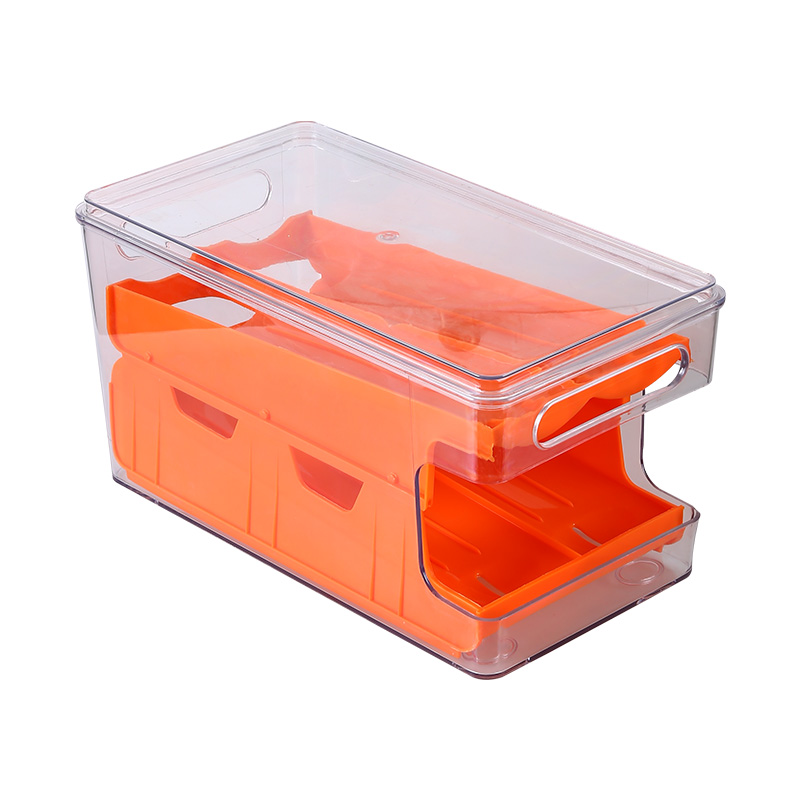
Dual-Layer Transparent Egg Storage Rack Eco-Friendly Slide-Type Household Kitchen
 English
English 中文简体
中文简体 Deutsch
Deutsch


